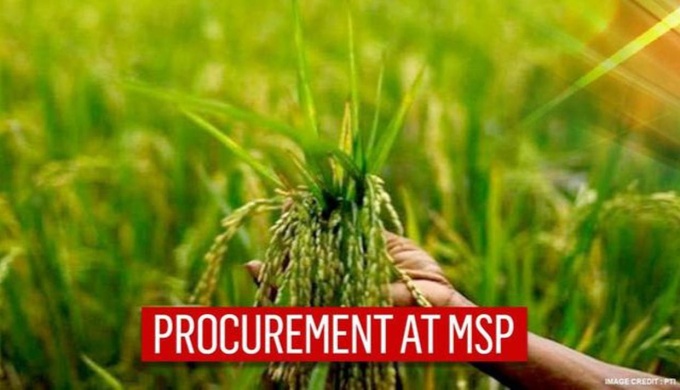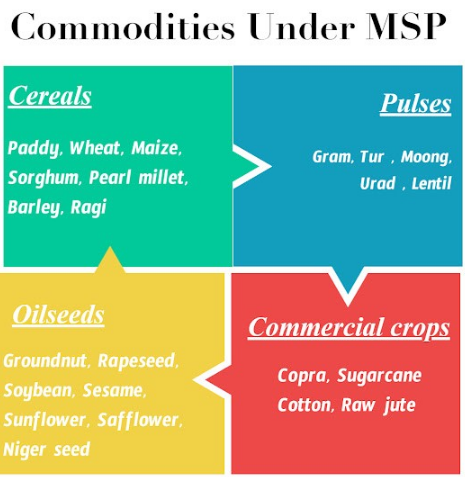Free Courses Sale ends Soon, Get It Now


Free Courses Sale ends Soon, Get It Now



Disclaimer: Copyright infringement not intended.
Context
Why does the Government procure?
How is the procurement carried out?
Centralised Procurement System
Decentralised Procurement System
What is the price the government pays?

What is the cost to the government?
Must Read: https://www.iasgyan.in/daily-current-affairs/msp-to-farmers
https://indianexpress.com/article/explained/explained-how-government-procures-wheat-7881034/
© 2024 iasgyan. All right reserved